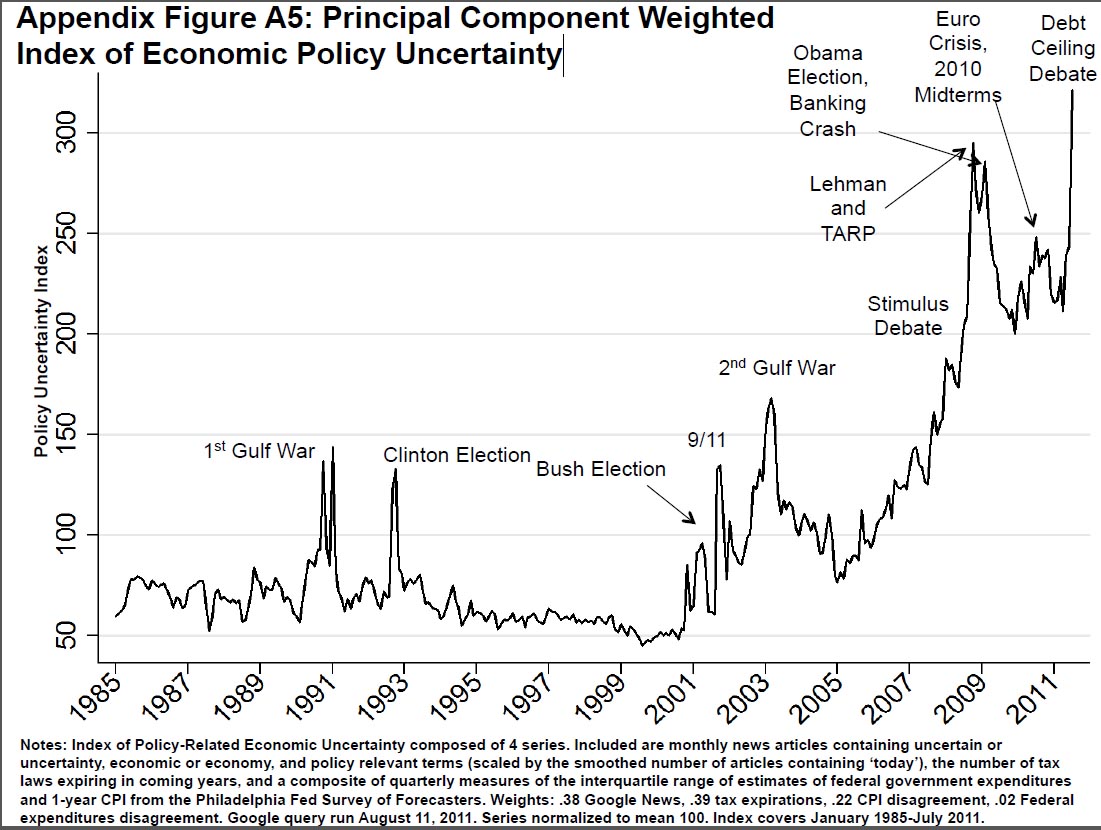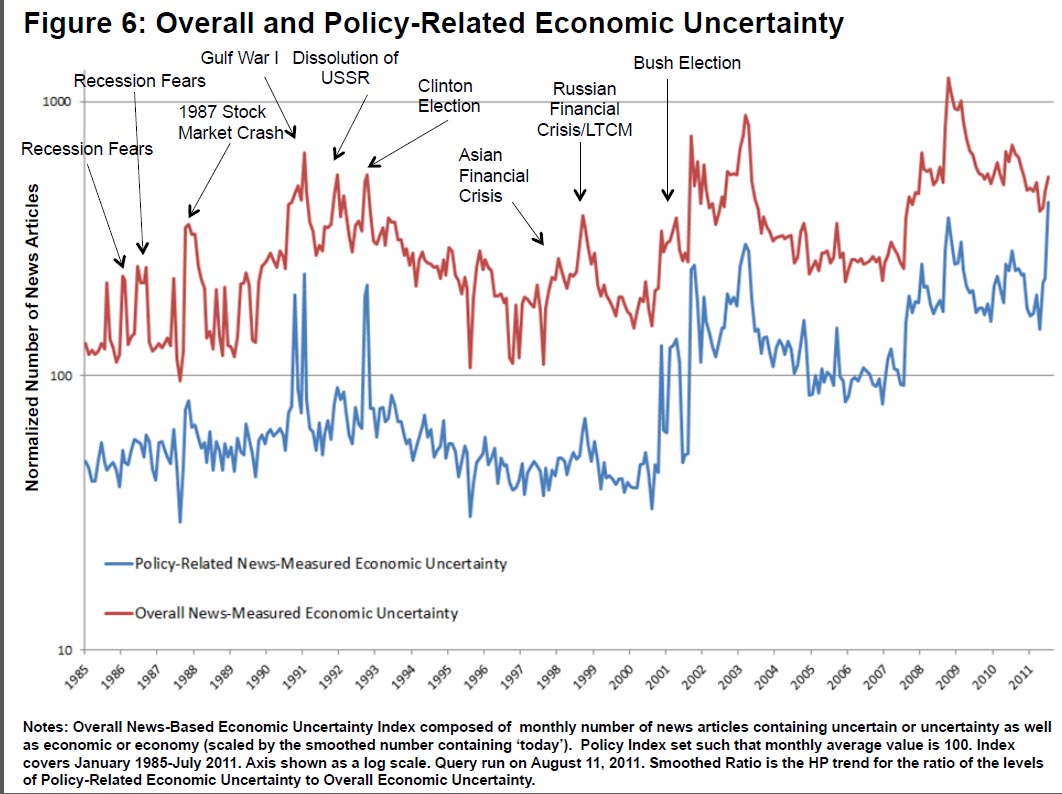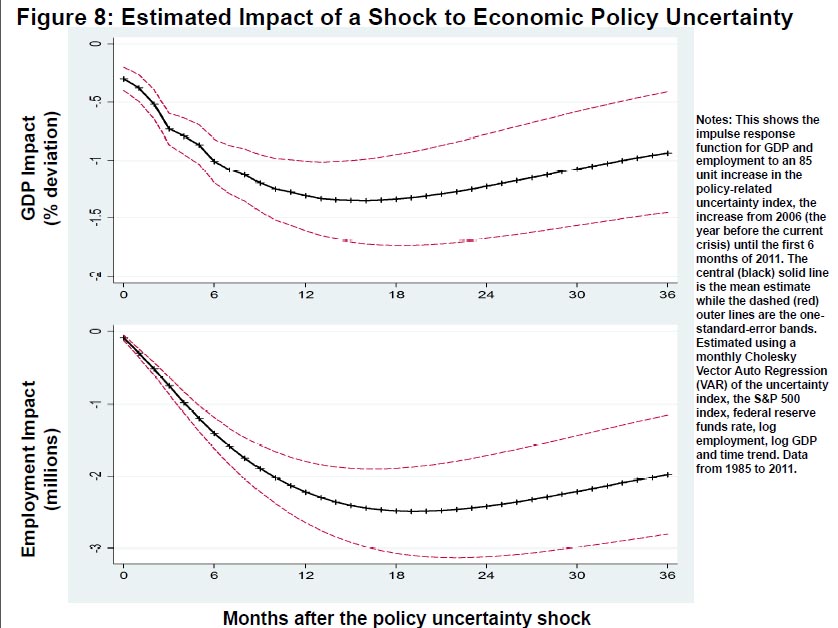Richard Landes, son of David Landes, wrote the article Romney Is Right on Culture and the Wealth of Nations. This article is a rebuttal to the one that Jared Diamond wrote and I blogged about in Mitt Romney’s Search for Simple Answers.
From the Landes article comes the quote:
Israel, a country with no natural resources, an economic backwater even in the Ottoman Empire, rose to the top of the developed world in a century on culture alone.
As I contemplated how ridiculous this statement was, I came to realize what a loose term “culture” is. It can be twisted in so many ways, it is difficult to argue for or against such a statement. By ridiculous, I mean that Israel did not do that by itself (shades of the “that” pronoun and you didn’t do that). There were Jews and others all over the world that poured money into Israel. How much foreign aid has the USA given to Israel compared to how much it has given to the Palestinians?
You might think how easily it is to use the “culture” argument to refute my noticing the billions of dollars pouring into Israel to keep it afloat. The following quote from Landes is the obvious argument that I would anticipate:
Even the huge influx of petrodollars did not change the basic contours of Arab economies: Rather than fueling economic development that benefited all, it bloated corrupt and opaque elites.
This quote made me return to the thought in my previous post mentioned above. It is not the culture of the people that is the problem. Perhaps it is the concentration of wealth in the “bloated corrupt and opaque elites” that is the problem.
“bloated, corrupt, and opaque elites.” seems to be the vision that Mitt Romney wants for the United States. Think of each of those adjectives carefully – bloated, corrupt, opaque. Can you not think of how each one of those applies to Mitt Romney himself, let alone to much of the rest of the wealthiest 1%?
The following quote from the article shows how slippery the argument can be.
Strikingly, Palestinian culture compares favorably with that of other Arabs. Palestinians have higher education, a strong work ethic and successful entrepreneurs. Much of that comes from their close association with the Zionists, who (unlike Western imperialists) settled the land without conquest, by dint of making everyone more prosperous.
So if there are any devout Muslim, Palestinian, educated, entrepreneurs, they couldn’t have gotten that from their own culture, but must have gotten all the ideas from the Zionists? Gee, it seems to me that many of the original Zionists were strong socialists. The strictures against usury found in Muslim culture are also found in Jewish culture. I also know a few Muslims who are Palestinian, educated, and entrepreneurs who had no contact with Zionists before they became that way.
So however you define culture, the more relevant issue is what is the lesson you take away from the supposed affect culture has? You can pretend that the argument suggests free enterprise without restrictions is the “culture” for success, when in fact it may be that getting rid of the culture of “bloated corrupt and opaque elites” is the “culture” for success.
When you look at Mitt Romney’s comparison between the USA and Mexico, the cursory knowledge that I have suggests that it is culture of “bloated corrupt and opaque elites” that makes the difference here too. So if we follow Mitt Romney’s prescription, we too can go from an economy like the USA used to have toward one more like Mexico and the areas “controlled” by Palestinians.
Another point worth making is that Muslim cultures dominated the world when they believed in religious freedom and the religious and cultural autonomy of their satellite states. One could make a case that it is the trend toward religious fundamentalism in Muslim “culture” that has been their downfall. This religious trend is also something that Romney purports to want for the USA. At least many of the people he tends to pander too by pretending to want this are people who do seem to want this.




